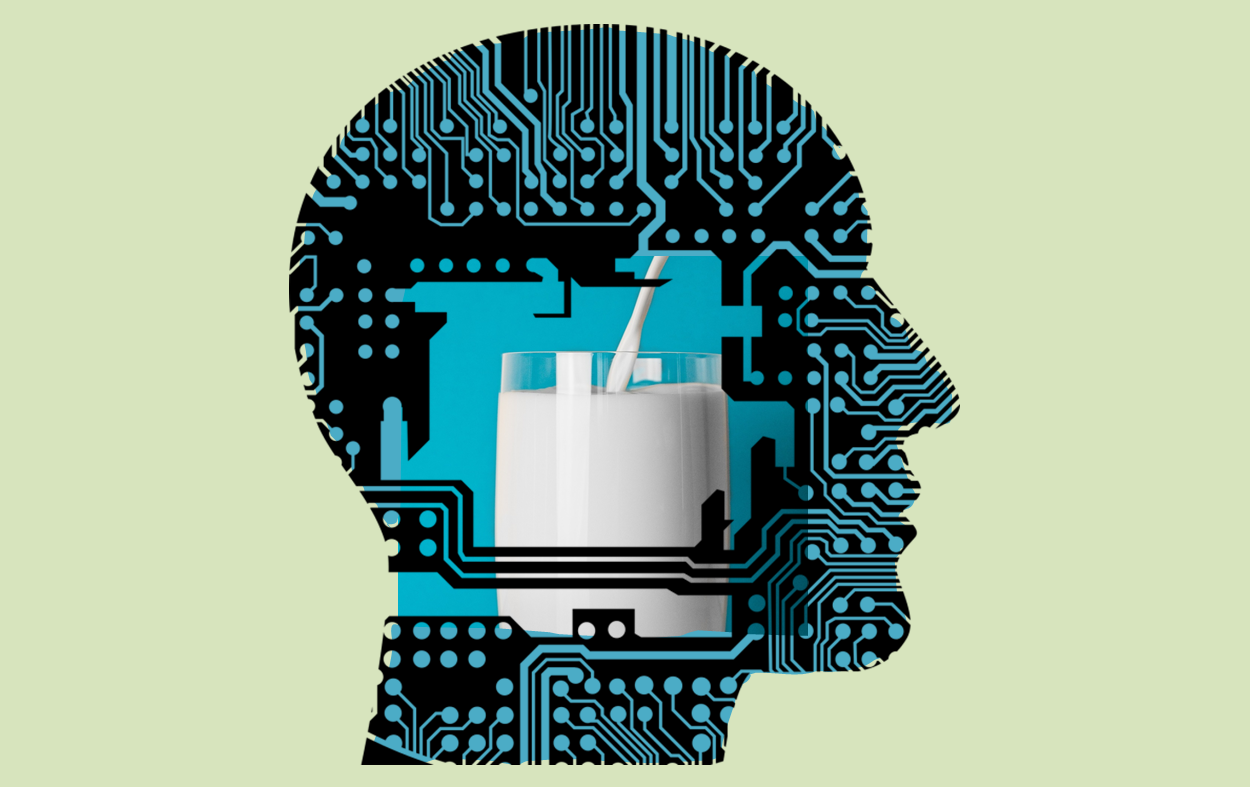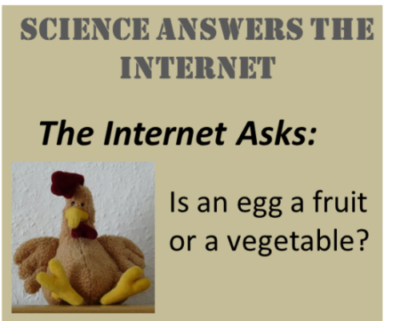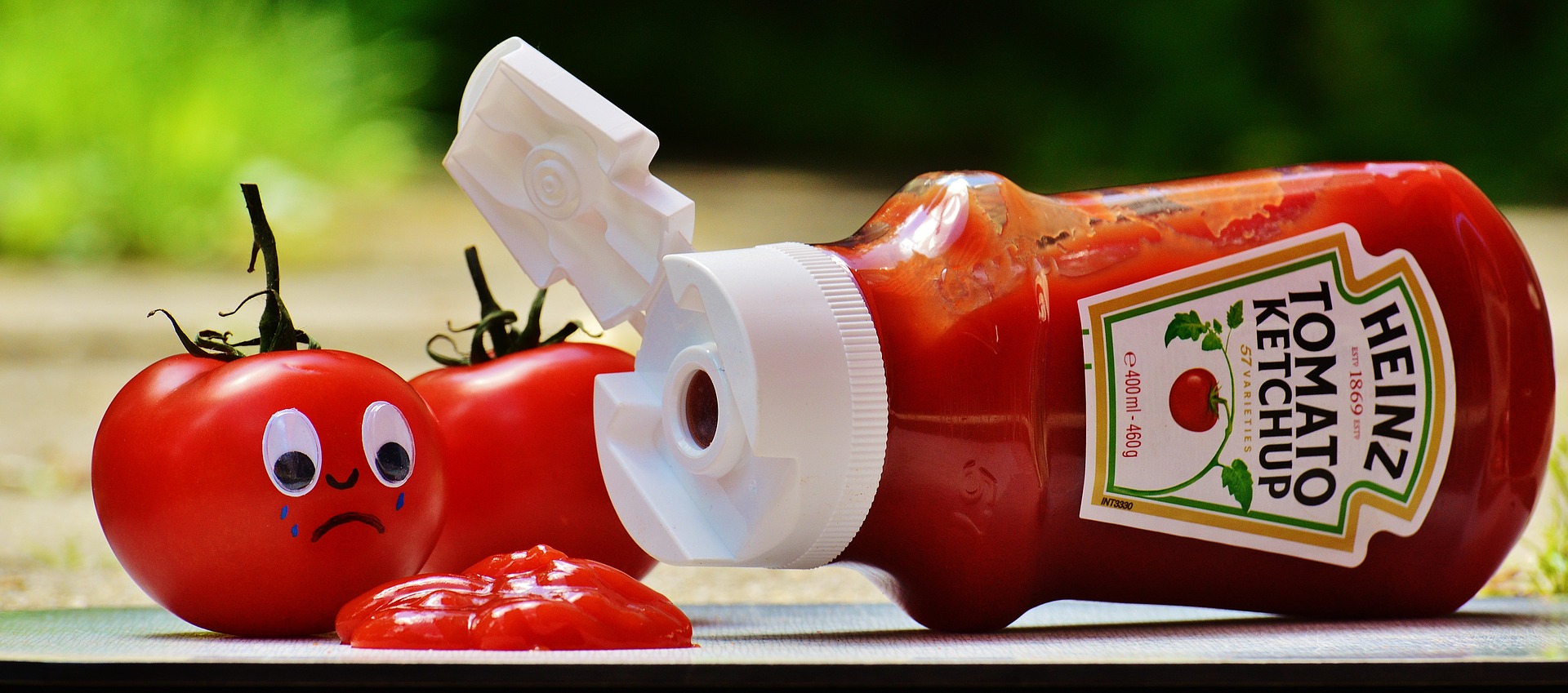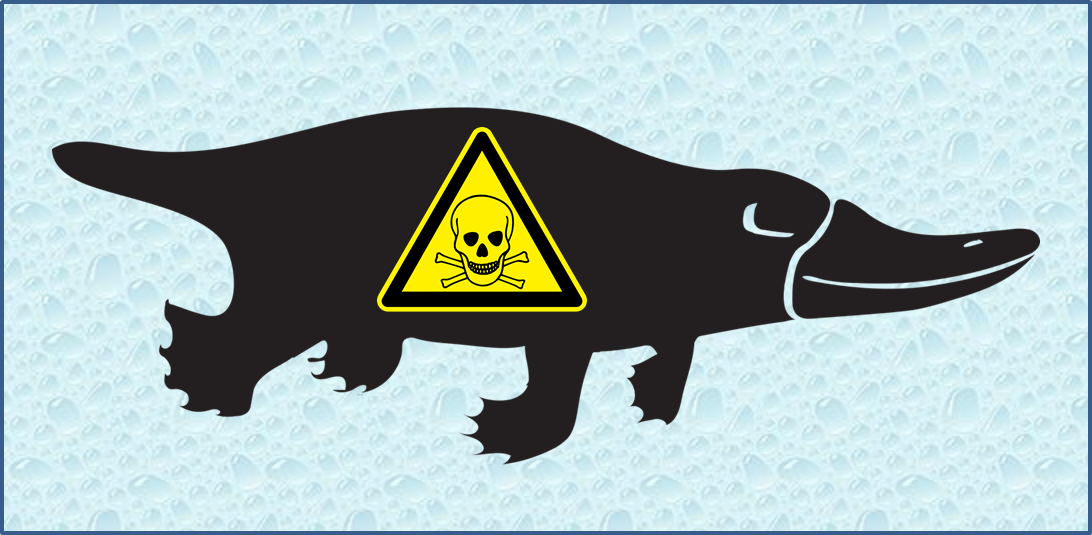My friend sent me a link to an article that claims that many children are “addicted to milk”, and that this is the cause of many behavioral, social, and hyperactivity behaviors, maybe even autism. The site looks legit, is any of this true? – RH, Burlingame, CA
Thanks for the question, RH! For our readers, here’s a summary of the article: The author claims that in many children with a “weak digestion” or an “overly permissive gut wall” that partially-digested milk protein peptides (peptides are small bits of proteins) get directly into your blood stream and bind to the same receptors in your brains as opioids (morphine, heroin, codeine). This then causes constipation, hyperactivity, aggressive or disruptive behavior, learning difficulties, and poor social behavior. The author spends a fair amount of time citing very specific behavior examples, including specific references to autism, among them speech delays, misunderstanding social context or failure to make eye contact. The treatment the author suggests is to remove all gluten from the diet (???), then remove all dairy and your child’s behavior will be just fine.
OK, let’s start with the more glaring problems with this “theory”:
- The behaviors associated with autism (many of which are mentioned above) are what define the condition, and no one knows what causes autism. The idea that autism is linked to food allergies or “intolerance” is a popular one in the autism community, but there is no data to support the suggestion that diet or food intolerance can cause autism. Some studies have shown some mild improvement in autistic behaviors when gluten or dairy are removed from the diet (and some have not), but this specific mechanism (food-derived opioids) has been scientifically disproven along with the urine polypeptide test that the author recommends.
- “Weak digestion” is not a thing. This is pseudoscience jargon.
- Almost everyone reading this post has probably taken an opiate pain killer before. This large class of drugs and the opioid receptors that mediate their effects are very well characterized. Opioids do cause constipation, but they certainly don’t cause hyperactivity, social interaction disorder, or aggressive behaviors.

If the milk-related peptides are what is causing this “addiction” why would you also remove gluten (a protein not found in milk) from your diet? Apparently these proteins can also be digested to opiate-like peptides! That got me wondering – what other proteins might contain this sequence? The most basic milk-derived opiate is only 4 amino acids long. There are only 20 amino acids used in most proteins, so if you think about it, having a run of 4 amino acids in a row in this specific order could actually be quite common. But how common? To answer this, I used the National Institute of Health (NIH)’s National Center of Biotechnology Information (NCBI) database, which is free to the public and allows people to search for and align sequences of peptides against all the characterized protein sequences known. The results? That same 4 amino acid sequence is present in greater than 100 proteins from cows – I can’t say how many because the database output is limited to the top 100 “hits”. However, I can say that besides casein (the milk protein that this article identifies as the culprit producing these opioids), many of these proteins are guaranteed to be present in any beef you eat. There are over 50 chicken proteins with this sequence, and over 100 from soy… You get the point. The reason we don’t worry about proteins being carved up into small peptides that can cause unwanted effects is because they don’t make it into your blood stream. Your gut wall keeps them out while they are being broken down completely, and even if they somehow did get in, there are enzymes in your blood that can degrade them, and a barrier between the blood and the brain to keep out and stragglers. From a scientific perspective, this whole theory is extremely improbable.

Now let’s get into some of the more complicated issues raised by the author. She uses the term “permissive gut”, which is likely a reference to “leaky gut syndrome”. In the (reputable) medical community, this refers to conditions in which significant inflammation of the GI tract allows for molecules to pass through the intestinal walls that normally would be unable to pass because of their large size or charge. This very clearly occurs in patients with celiac disease and irritable bowel syndrome. However, leaky or permissive gut syndrome not associated with these diseases is not a recognized medical condition. There is also no evidence to support the claim that “leaky gut” could cause the behavioral symptoms claimed in this article. People with irritable bowel disease or celiac disease do not have autism-like behavior issues. I promise useyourbrainforscience.com will tackle “leaky gut” in the future, and we’ll link to it here.
There is no data confirming that opioid peptides derived form milk or wheat protein are actually produced in any significant amounts in humans. If they were could they actually affect behavior? While there is (again) no data on this, it seems unlikely. These molecules are more than 1000-times weaker than morphine, plus the article fails to mention that some milk peptides can also act as antagonists as well, blocking the effects of the opioid receptor.
The author includes a very nice looking figure showing how these peptides could get into the blood stream and activate receptors in the brain. The diagram comes from a University of Florida website that describes the potential link between autism and celiac disease. This site in general is a relatively objective assessment of several potential treatments for autism. The author is quick to call this a “theory” and the website does not provide any data supporting the link between leaky gut, opiate-like milk peptides, and autism. Despite this, I can’t help but wish the author had been a bit more clear about the lack of data supporting this theory.
This brings me to the original article our reader referenced above. The author includes a lot of references, but I can’t help but wonder if she actually read them all. Several of them go out of their way to state that there is no evidence to support a link between these milk peptides and behavior. Most disturbing is that the author lists her credentials as a Masters degree in public health, a registered nurse, and a licensed dietitian. It is troubling to me that a person with these qualifications would so eagerly promote a theory with almost zero data to support it the way she does. She should know how to do this type of scientific research and interpret basic scientific data. What could explain her over-interpretation of the data?
Money – she is trying to attract new patients for her “nutrition care” business, and she is also selling some books. One book is about diets for special needs kids, which probably contains the disproven milk-addiction theory. One is about how to get your child off pharmaceutical medications (she even mentions asthma and seizure meds!) by changing their diet. Please don’t try to manage serious medical conditions like asthma and seizures with diet – that is extremely dangerous – and possibly deadly. The last is about how her son got autism from the hepititis B vaccine. Vaccines do not cause autism. Please don’t buy this woman’s books.
So, to get back to RH’s original question – “is any of this true?” The answer is no – these peptides don’t get into the blood streams of the vast majority of people, if they are even made in the gut at all, and they wouldn’t affect behavior if they did. If you want to experiment with removing gluten or diary from your child’s diet to improve behavior – give it a shot, it can’t hurt, but this will never cure autism, and any effect on behavior would be unrelated to these so-call “opioid peptides.”

 Ridiculous question from the internet: Does looking at a picture of the sun hurt your eyes?
Ridiculous question from the internet: Does looking at a picture of the sun hurt your eyes?
Source of said ridiculous question: Yahoo Answers
Science’s answer: No. Current photographic methods, even the most advanced digital photography, are incapable of capturing the energy emitted by an object and re-transmitting it from a picture. You can stare at a picture of the sun all you’d like. But maybe read a book instead?
Welcome to Bad Science on the Internet! Here, we highlight some of the crazy and sometime dangerous stuff people post online, and then give you the facts.
The bad science: There is a viral post making the rounds on Facebook claiming that Heinz Katchup is dangerous
What do they claim? They make vague claims that Heinz Ketchup is poisonous and dangerous and maybe even causes cancer
Are they trying to sell you something? Only misinformation as far as I can tell. Maybe alternative ketchup brands?
Is any of this true? No. This article was clearly written by someone who doesn’t really understand basic science. Let’s look at each baseless claim one at a time!
But they’re venomous too! How awesome is that?!?! OK, I’m a giant nerd, but still. VENOM. In a mammal! Here are some more fun platypus facts, not all of which are about the venom:

The bad science: Shark cartilage as a cancer therapy
What do they claim? They claim shark cartilage can prevent or cure cancer.
Are they trying to sell you something? Of course, and it’s not cheap.
Is any of this true? The suggestion that shark cartilage could cure or prevent cancer seems to have originated from the belief that sharks don’t get cancer at all. There are two things wrong with this: First, just because another organism has a biological or physiologic attribute that we as humans may admire, this does not mean that EATING that organism will confer upon you or I these attributes. Here are some examples:
- Eating lots of turkey will not allow a human to fly (yes, turkeys can fly, albeit poorly)
- Eating an owl will not give you night vision or allow you to turn your head all the way around Exorcist-style.
- No matter how many plants you eat, your body will never produce chlorophyll allowing you to make your own energy from the sun.
 Ridiculous question from the internet: I swallowed an ice cube, and I haven’t pooped it out?
Ridiculous question from the internet: I swallowed an ice cube, and I haven’t pooped it out?
Source of said ridiculous question: Yahoo Answers
Science’s answer: Ice melts at 32ºF, or 0ºC. Your body temperature is approximately 98.6ºF, or 37ºC. I can’t believe I’m going to say this… ok, here it goes… 98.6ºF is warmer than 32ºF, so the ice melted. There, I said it. No one should feel good about this. You actually did excrete the ice in question, but it came out as water, likely as urine, but also potentially as sweat, water vapor you exhaled and yes, maybe also as part of a “poop”.









